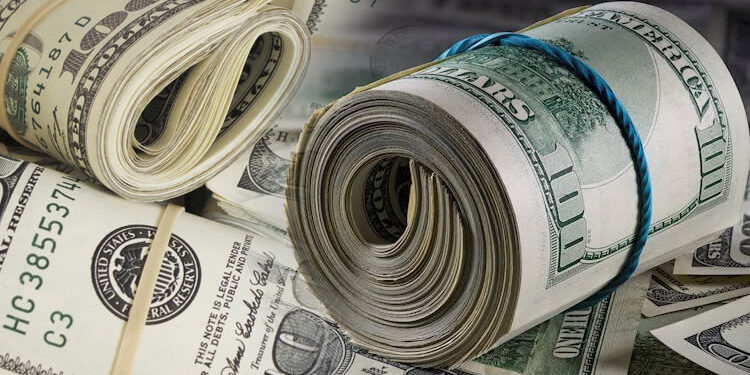In a bid to alleviate pressure on the naira, the Economic and Financial Crimes Commission (EFCC) has mobilized a 7,000-man special task force across its 14 zonal commands to crack down on dollar racketeers. The move comes as the naira experiences a significant decline against the dollar, plummeting from about 900/dollar to over 1,400/dollar at the official market in recent weeks.
The spokesperson for the anti-graft agency, Dele Oyewale, announced on Wednesday in Abuja that the EFCC has summoned the proprietors of private universities and other institutions charging tuition in dollars. The Central Bank of Nigeria (CBN) Governor, Olayemi Cardoso, disclosed to the House of Representatives that Nigerians spent $98 billion in the last decade on foreign education, healthcare, and personal travels, contributing to the naira’s challenges.
Cardoso highlighted factors such as speculative forex demand, low remittance of crude oil earnings to the CBN, increased capital outflows, and excess liquidity from fiscal activities as contributors to the decline in the naira’s value. To address exchange rate volatility, the CBN initiated a comprehensive strategy, including unifying FX market segments and enforcing limits for commercial banks.
Between 2010 and 2020, foreign education expenses amounted to $28.65 billion, medical treatment abroad cost $11.01 billion, and Personal Travel Allowances reached $58.7 billion, totaling $98 billion spent on foreign trips, medical tourism, and overseas education. This figure surpasses the total foreign exchange reserves of the CBN.
To stabilize the naira, the CBN directed Deposit Money Banks to sell excess dollar stock by February 1, 2024, and warned against hoarding foreign currencies. In response, the EFCC established a special task force across its 14 commands, with over 7,000 operatives, to enforce laws against currency mutilation and dollarization.
Private universities and other institutions charging fees in dollars have been invited for briefing and sensitization by the EFCC, emphasizing that only the naira is legal tender in Nigeria. While the President of the Association of Foreign Airlines in Nigeria stated that the EFCC’s action would not affect airlines, the Director-General of the Nigeria Employers’ Consultative Association supported the move, highlighting the economic offense of dollarization.
The EFCC clarified that school proprietors would not be arrested unless they continue to violate the law by accepting foreign currency. However, the President of the Association of Bureau De Change emphasized that it is illegal for businesses or individuals in Nigeria to demand payment in forex.
























